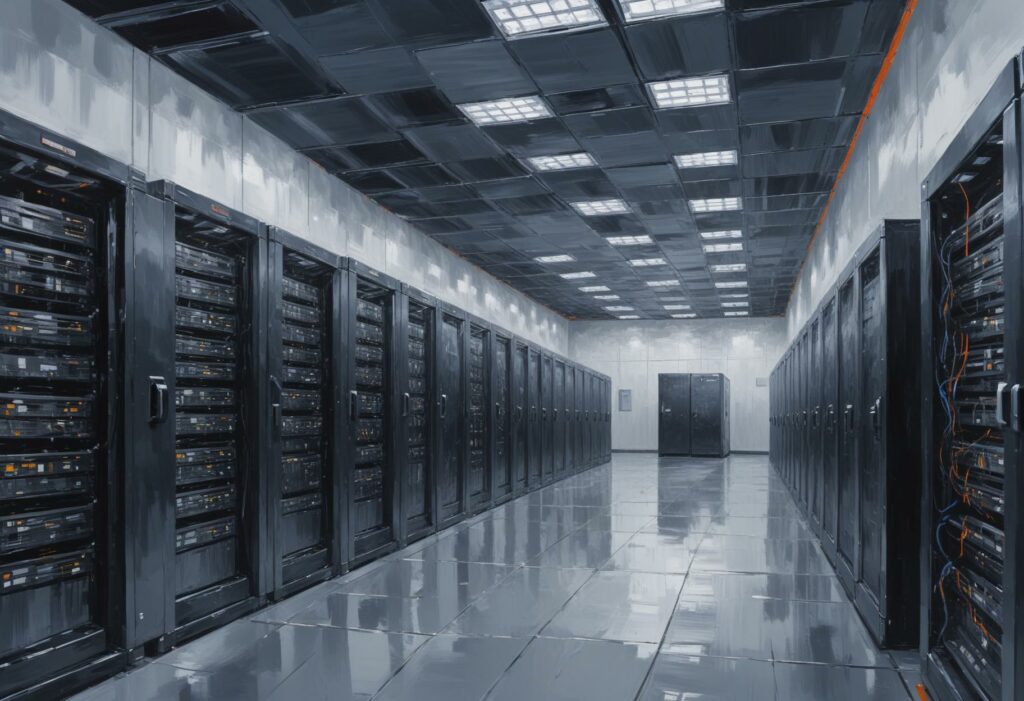DAOs represent new forms of organizational structures and economic coordination. However, their novel nature raises complex questions around how existing regulations and legal frameworks apply.
In recent months, regulators have started to take aim at DAOs. In September 2022, the Commodity Futures Trading Commission (CFTC) filed a lawsuit against Ooki DAO, alleging that the DAO was operating an illegal derivatives exchange. The CFTC’s lawsuit is the first of its kind, and it sets a precedent for how regulators may view DAOs in the future.
The CFTC’s lawsuit has raised concerns among some in the crypto community, who worry that it could stifle innovation in the DAO space. However, others argue that the lawsuit is necessary to protect investors and prevent DAOs from being used for illegal activities.
This article will delve into the key legal and regulatory considerations for DAOs.
The Challenge of Classifying DAOs
A core difficulty regulators face is identifying what type of legal entity a DAO most closely resembles:
- DAOs don’t readily fit models like corporations, partnerships, or non-profits.
- They exhibit blended attributes of companies, clubs, open-source projects, and investment funds.
- DAOs functionally combine automated rules, voting oversight, ownership equity, membership participation, and employee work.
- They operate globally outside geographic boundaries across the internet.
The sui generis nature of DAOs confounds applying traditional legal categorizations.
Limited Legal Recognition
Given their novelty, DAOs currently have minimal direct legal recognition:
- No specific legal frameworks or regulatory classifications exist for DAOs yet.
- Their legal status remains undefined and governed only by underlying smart contracts.
- Interactions with existing laws are interpreted ambiguously on a case by case basis.
- Regulators issue guidance reactively but no comprehensive regulations cover DAO activities yet.
This legal gray zone creates uncertainty for how DAOs fit into global commerce and trade compliance.
Regulatory Considerations
While sparse today, potential areas regulations could grow to cover include:
- Securities laws – When governance tokens constitute unregistered securities offerings.
- AML and KYC rules – Whether DAOs must verify member identities and monitor transactions.
- Tax treatment – Unclear reporting standards for taxation of DAO incomes and holdings.
- Consumer protections – For DAOs offering certain services, products, or investments.
- Disclosures – Requiring transparency around treasury holdings, operations, and financial flows.
- Jurisdictional authority – Which geographic regulations apply given DAOs’ global nature.
- Liabilities – How legal liabilities are imparted for DAO activities spanning members and code.
Ongoing regulatory guidance will likely impose more requirements on DAOs over time. Understanding applicable laws will prove crucial.
DAO Governance Liabilities
DAOs introduce potential governance liabilities related to:
- Tokenized ownership – Whether limited liability applies given equity is represented by tradeable tokens.
- Fiduciary duties – Obligations around managing member resources with due diligence.
- Proposals and voting – Avoiding fraudulent or deceptive actions when putting forth and voting on proposals.
- Fund management – Prudent investment and accounting standards when allocating treasury funds.
- Service offerings – Adhering to laws and best practices in any domains the DAO operates in like DeFi.
- Code exploits – Whether buggy or negligent smart contract programming exposes legal culpability.
Well-structured DAOs will need to take steps to ensure compliant operations and governance processes.
DAO Employment and Contracting
DAOs present additional considerations around compensating work and hiring:
- Tax reporting – Are independent contractors required to submit 1099s for income from a DAO?
- Payroll taxes – Do DAOs need to withhold taxes on payments for work?
- Employee classification – When do consistent DAO contributors become employees rather than independent contractors?
- Benefits and protections – Are worker protection laws applicable for DAO members?
- Terminating access – Can DAOs restrict former contractor’s access to assets and systems?
- Jurisdictional hiring – Which country’s labor laws apply when hiring globally distributed DAO members?
Formalizing contractor relationships through agreements provides prudence.
Jurisdictional Considerations
DAOs functioning globally introduce jurisdictional complexities:
- DAOs and blockchains operate transnationally outside geographic boundaries.
- Members are dispersed across countries each with distinct regulations.
- Digital assets move seamlessly across borders.
- Activity occurs wholly online rather than within physical nation-state jurisdictions.
- Rules are encoded in software rather than based on legal documents.
This decentralized nature creates ambiguity on which countries’ laws govern DAO activity and liability.
Regulatory Compliance Challenges
Adhering to shifting regulations poses challenges for DAOs:
- Laws keep evolving reactively and retrospectively rather than proactively.
- Regulatory requirements encoded on-chain can trail real world changes.
- Reliance on immutable smart contracts makes fluid adaptations difficult.
- No centralized entity exists with legal accountability.
- DAOs are natively transnational rather than localized.
- Anonymity and pseudonymity of members complicates compliance.
Staying compliant will require proactive governance processes to update policies and smart contracts in step with regulators.
DAOs and Traditional Institutions
Rather than pure regulatory circumvention, thoughtful integration of legacy systems with DAOs may prove most sustainable:
- Hybrid models blending aspects of traditional companies with DAO structures.
- Using legal entities as interface points for DAOs to interface with regulated domains like finance.
- Voluntarily implementing good governance practices, financial controls, and disclosures.
- Building fiat bridges, custodians, and investor protections to attract mainstream capital.
- Engaging with lawmakers and regulators directly to craft appropriate rules.
Prudent compliance enables DAOs to integrate with existing economies while innovating governance.
The Outlook for DAO Regulations
The trajectory for DAO governance likely entails:
- Increasing regulatory guidance and legal precedent on DAO structures and liabilities.
- Jurisdictional competition between countries seeking to attract DAOs through favorable policies.
- Standards distinguishing various DAO archetypes to apply tailored regulations.
- Purpose-built protocols encoding compliance directly into DAO functionality.
- Mature frameworks enabling interoperability between legacy systems and DAO economies.
- Mainstream adoption for major companies, non-profits, charities, and funds to run operations in part via DAOs.
Though the roadmap remains uncertain, regulatory evolution seems inevitable as decentralized models gain adoption at scale.
Conclusion
The novel nature of DAOs brings wide-ranging legal implications and regulatory uncertainty. But prudent governance processes and selective integration with existing systems can allow DAOs to comply with applicable laws and obligations. With careful navigation, DAOs have immense potential to transform coordination and economic activity across borders in a more decentralized yet cooperative manner.





